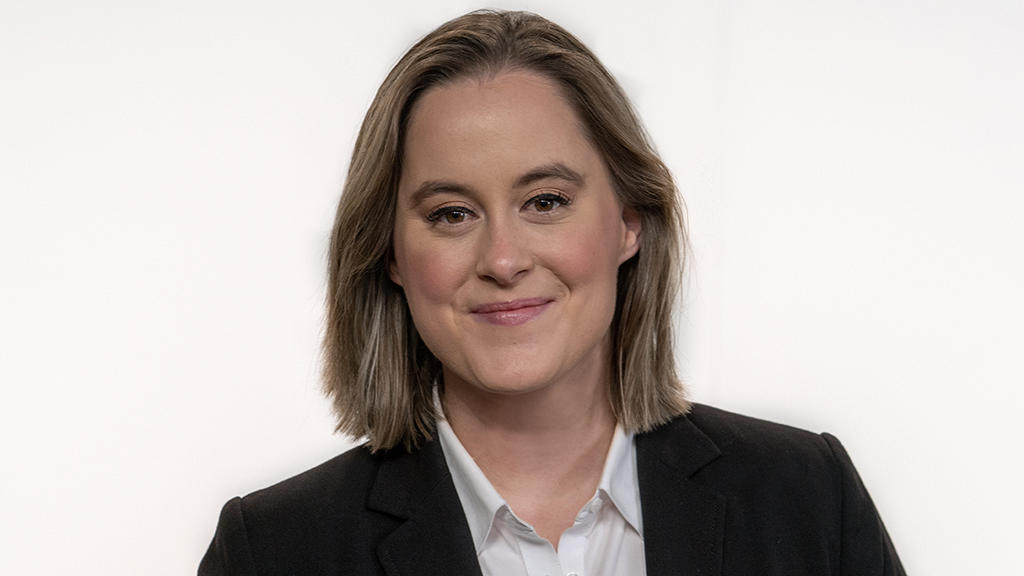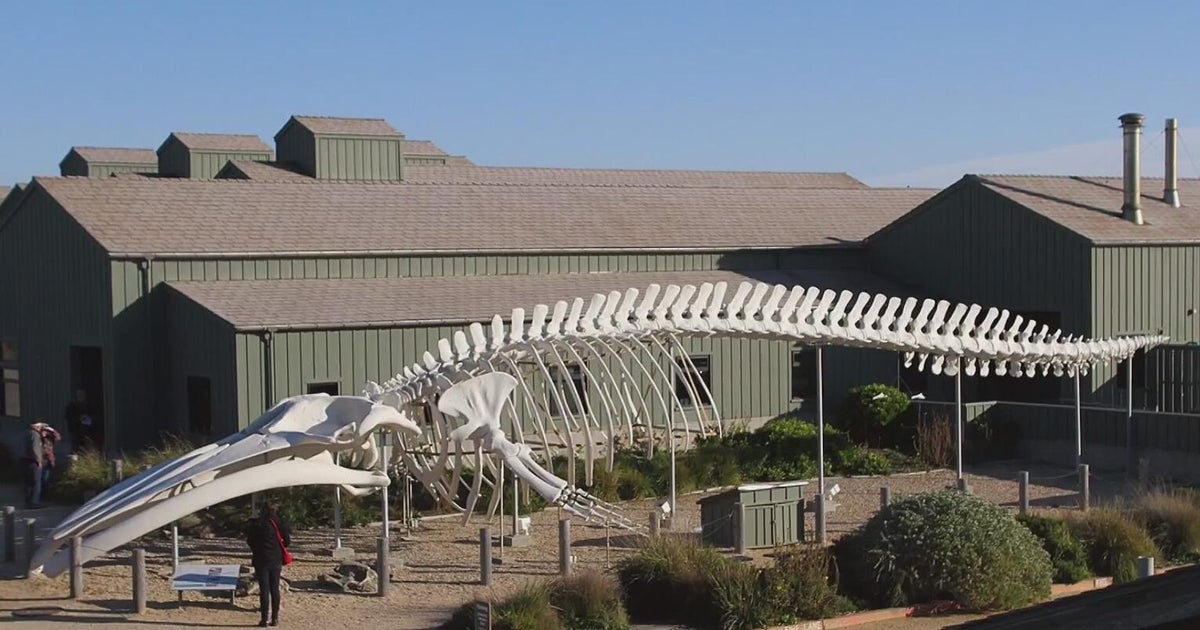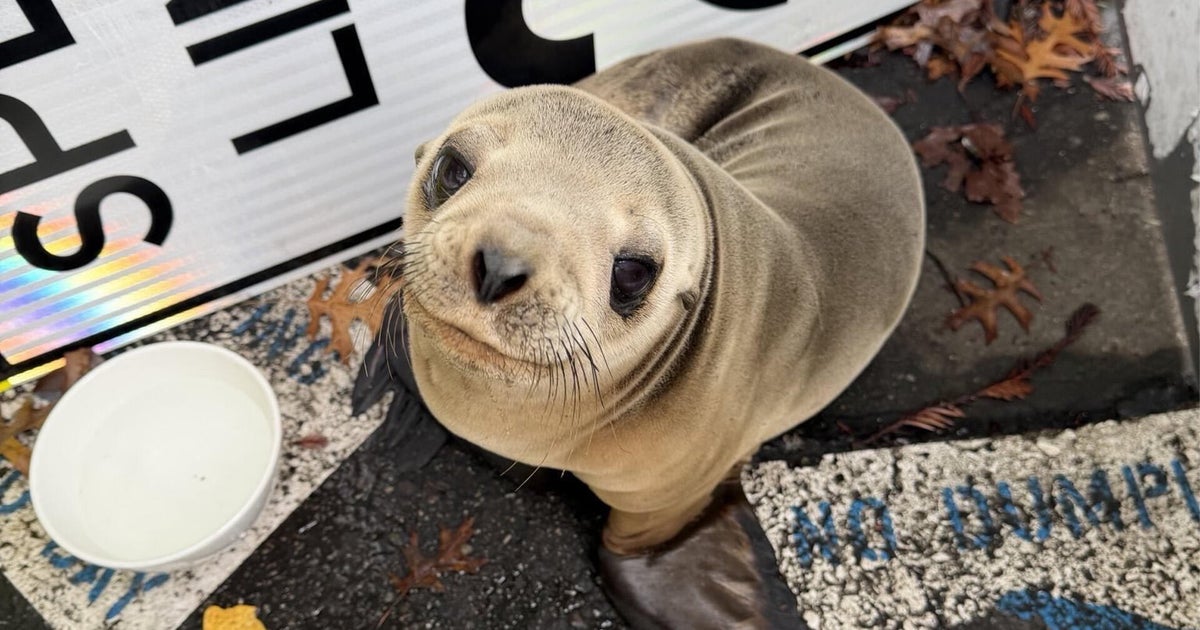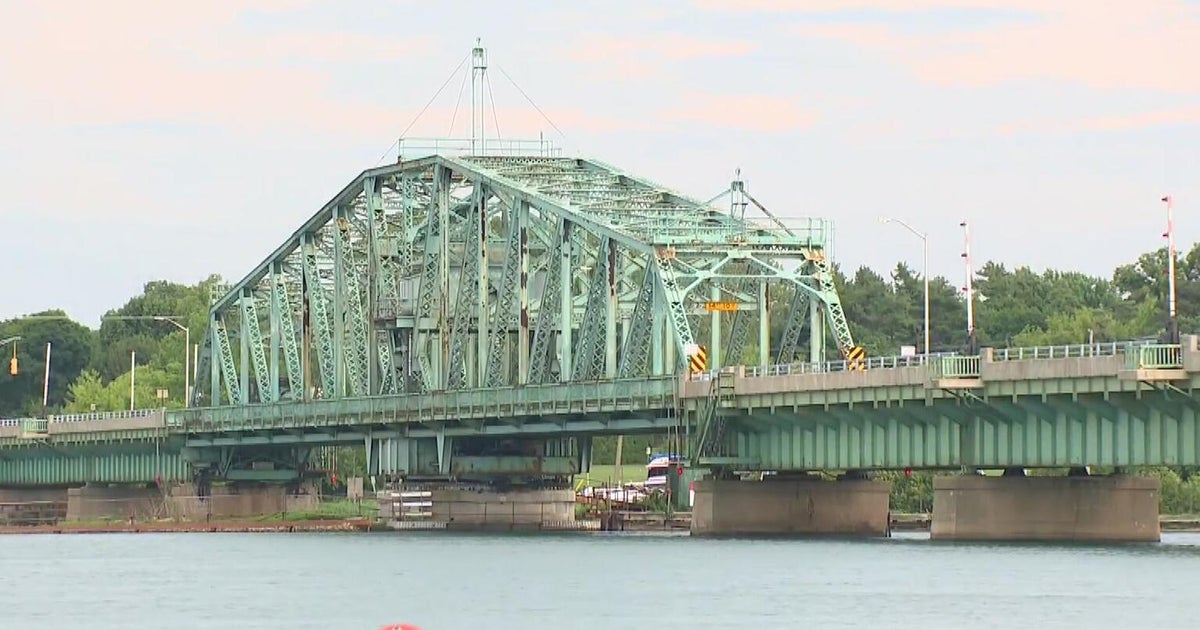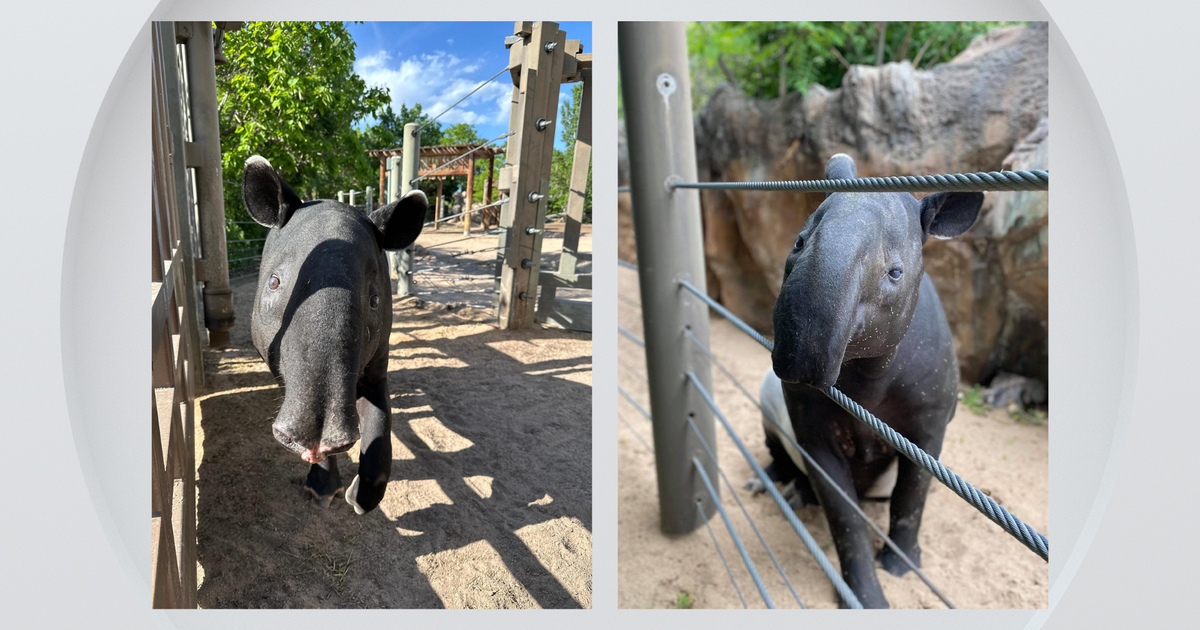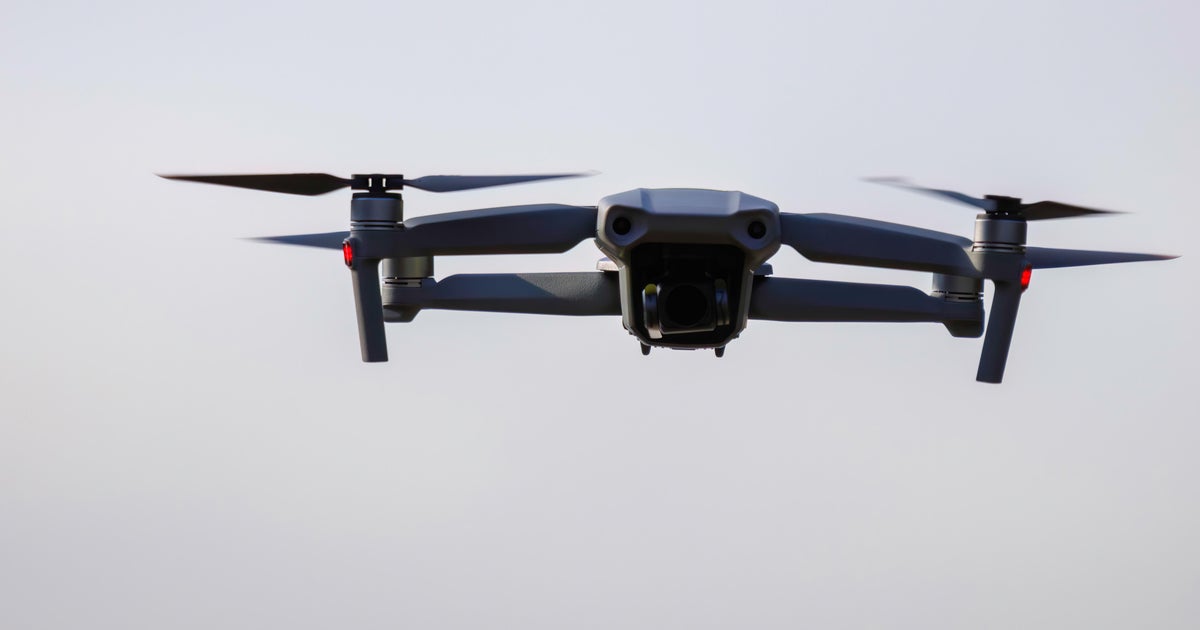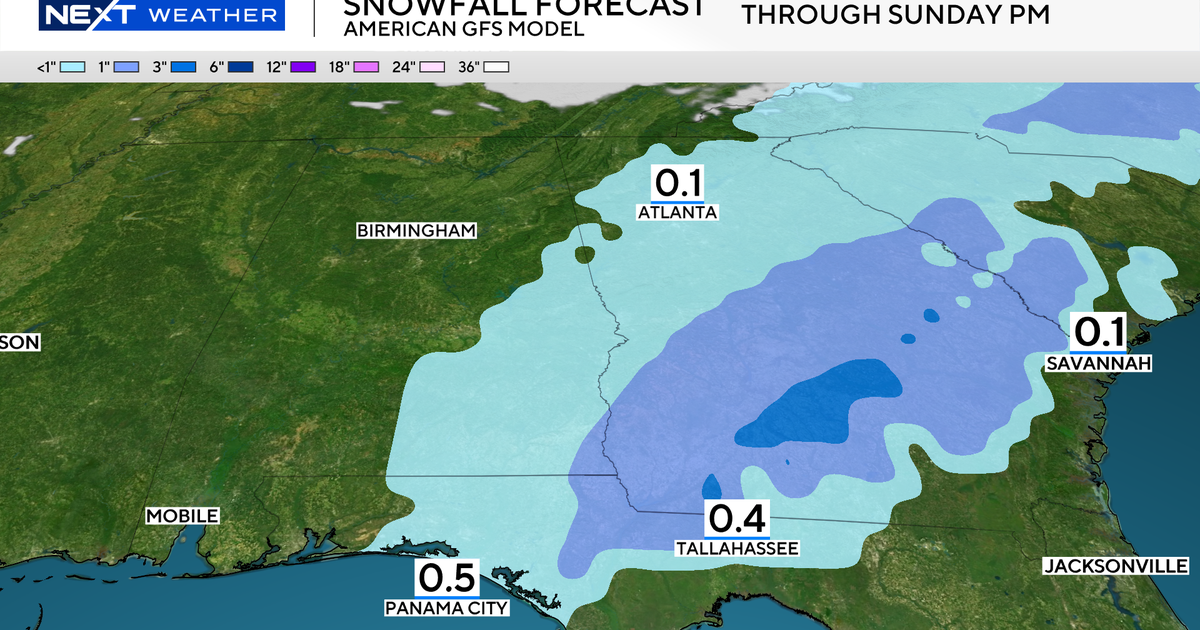'Song of the Whale' research vessel collects data on how to protect endangered whales
BOSTON - The critically endangered right whale is getting some help from researchers. The less than 400 left in the ocean are threatened by fisherman and ships, and scientists voyaging up the east coast are hoping to learn how to protect the marine mammal.
The right whale could once be found all across the North Atlantic Ocean and in British waters. Now there's only 340 left on earth and this crew is trying to save them.
The Song of the Whale research vessel is carrying scientists and animal welfare experts. The team, led by senior scientist Dr. Oliver Boisseau, is tracking the endangered marine mammal north from Florida, collecting data that could help protect the whale from further harm. On Thursday, the boat docked in Boston.
"This is a critically endangered species of whale," said Dr. Boisseau.
The whale's biggest threat is ship strikes and fishing lines. "The animals we've seen often are really bearing the scars of the interactions with us, with humanity. So often, they have scars from entanglement or fishing gear or often they have propeller marks, cuts down their flanks," said Dr. Boisseau.
The team uses underwater microphones wrapped in rubber chords to find the whales.
"Luckily, marine animals are quite chatty, quite noisey, just lots of sounds," said Dr. Boisseau,
Then they'll record data and the animals' location to determine where restrictions should be placed in order to protect the whale.
"If the vessels could slow down to below ten knots, for example, that could really help reduce the number of fatal ship strikes," said Dr. Boisseau.
"That's one of the important things that goes into this, is determining what is killing right whales. So that way, managers and industry can try to find workable solutions so fisherman can still fish, goods can still get to the dock, but right whales can still survive in these habitats," said the Director of International Fund for Animal Welfare Brian Sharp.
International Fund for Animal Welfare is funding the research voyage, offering tours while the vessel is docked in Boston, hoping neighbors will learn what they can do to help.
"This is what it takes is dedicated people. Scientists, researchers, state legislators, federal legislators. We need the general public to also take an interest in this, hear the call and push for change," said Sharp.
